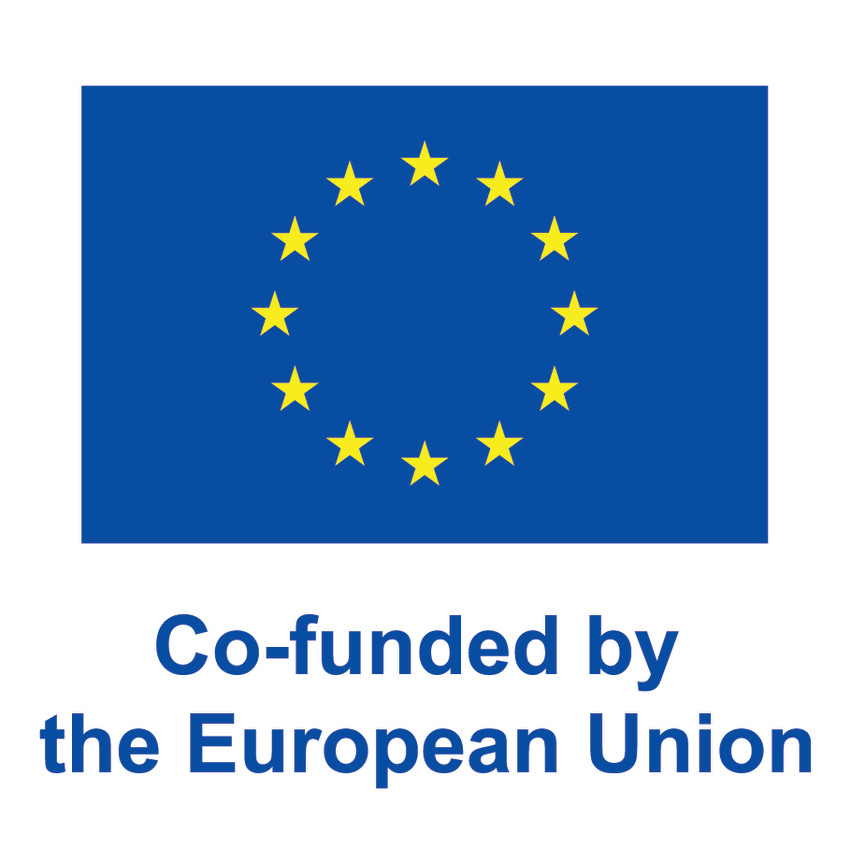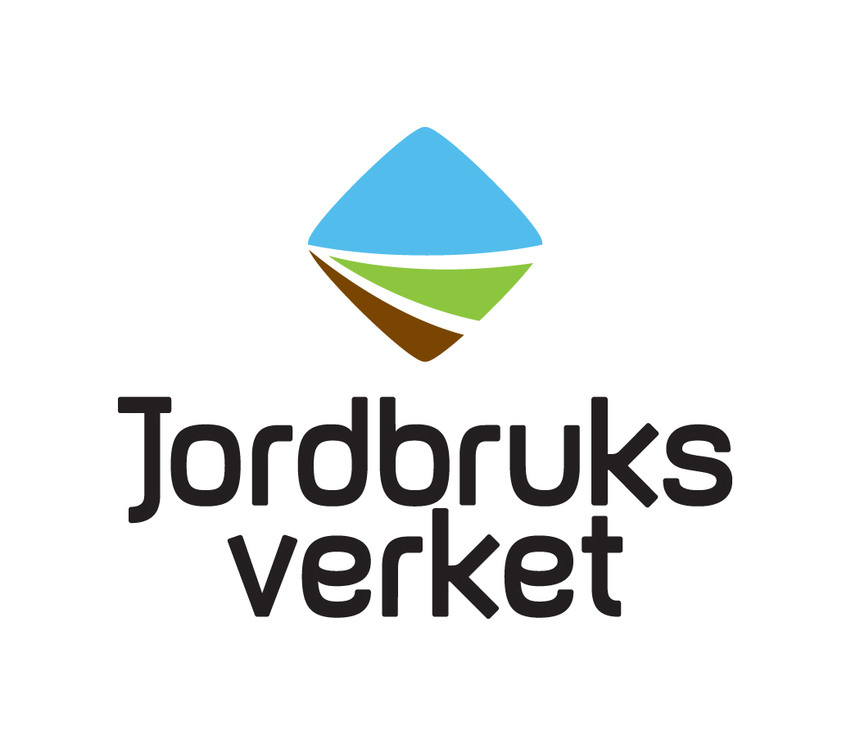
Winter mortality in honey bees is a major problem for Swedish beekeeping. In this project, we are investigating how different overwintering diets affect the bees' gut flora, health and colony development. The aim is to generate new knowledge that can help beekeepers improve bee survival and contribute to a more sustainable beekeeping system in Sweden.
In the lab – exploring the bees’ inner world
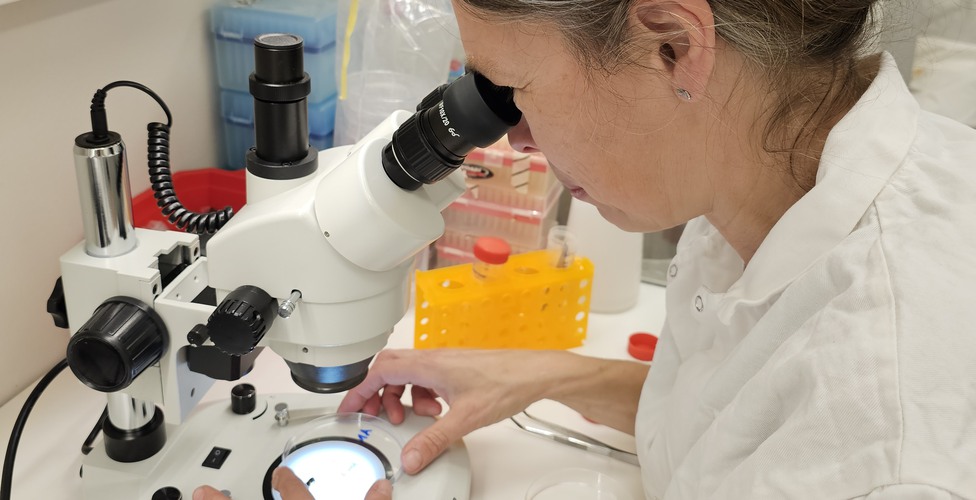
Through DNA analysis and microbiological studies, we investigate which bacteria live in the bees’ gut. The aim is to understand how different winter diets affect their health and resilience.
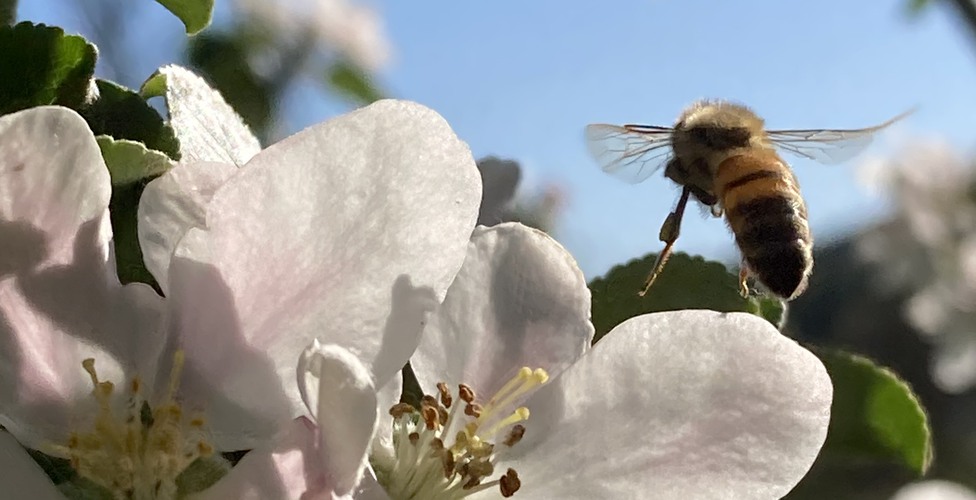
We monitor colony development in spring: how quickly the bees gather pollen, rear brood and regain strength, all to identify signs of successful or problematic overwintering.
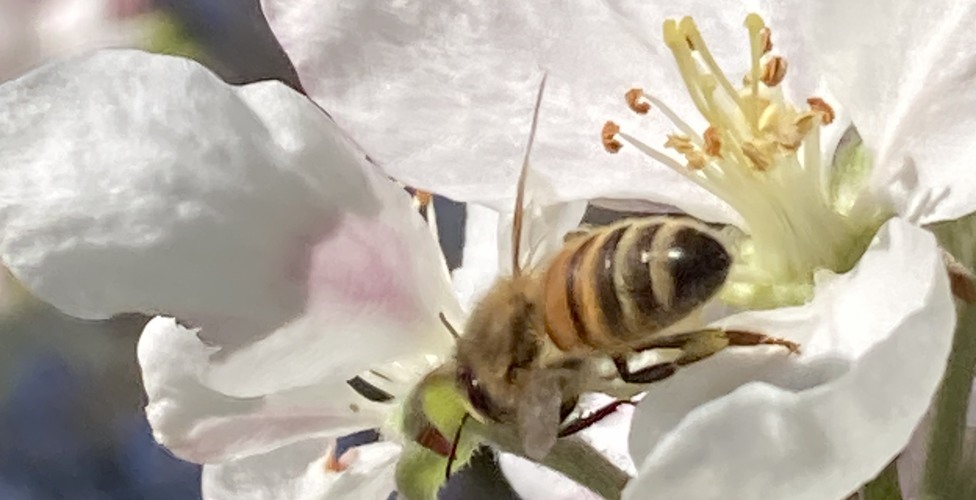
Bees are a keystone species in our ecosystem. By improving their health, we not only support sustainable beekeeping but also the well-being of nature as a whole.
Winter mortality of honeybees is one of the biggest challenges for Swedish beekeeping, with significant economic and ecological consequences. Although most Swedish beekeepers overwinter their bees on sugar water to maximise honey yield, there is a lack of scientific studies investigating how this practice affects bee health compared to overwintering on their own honey.
Specifically, it is unclear how different overwintering diets affect the microbial gut flora of honeybees and thus their ability to survive the long Swedish winters.
The gut flora – the key to bee health
The goal of this project is therefore to fill this knowledge gap by analyzing the microbiome in the gut of Swedish honeybees (Apis mellifera) in general, and more specifically which bacteria we find, do bees differ in the bacterial species we find and do they differ in percentages, and whether different overwintering diets affect the health status/condition of honeybees at the beginning of the new season.
Here we will focus on possible signs of diarrhoea and observe colony development during the spring (e.g. how quickly the colonies develop brood, collect pollen, develop drones). In addition to collecting basic research data on the gut microbiome of the Swedish honey bee, the optimal food for Swedish bees will also be identified so that bees can overwinter in the best way.
Towards sustainable beekeeping
Winter mortality is costly, both for the professional beekeeper and the recreational beekeeper, but even a delayed start to spring can be negative or suboptimal. That is why we will also analyse the mixed food (which consists of both honey and sugar water) as an interesting alternative, which may help future beekeepers to cultivate honey bees with a healthy and diverse microbiome flora.
An important part of the project is also to communicate the results, both in a scientific but above all in a popular science way, so that the collected knowledge will benefit the beekeeping sector in Sweden. We will use already established networks for information dissemination but will also present the project at the Apimondia conference 2025 in Copenhagen, Denmark.
In summary, we want to carry out this effort to address a critical challenge in Swedish beekeeping, fill an important knowledge gap and contribute to sustainable solutions that benefit both beekeepers and the ecosystem at large and in the long term.
Publications
2025
NordBi-Aktuellt
2025. Article.
Student publications
2025
2025. Student thesis.
